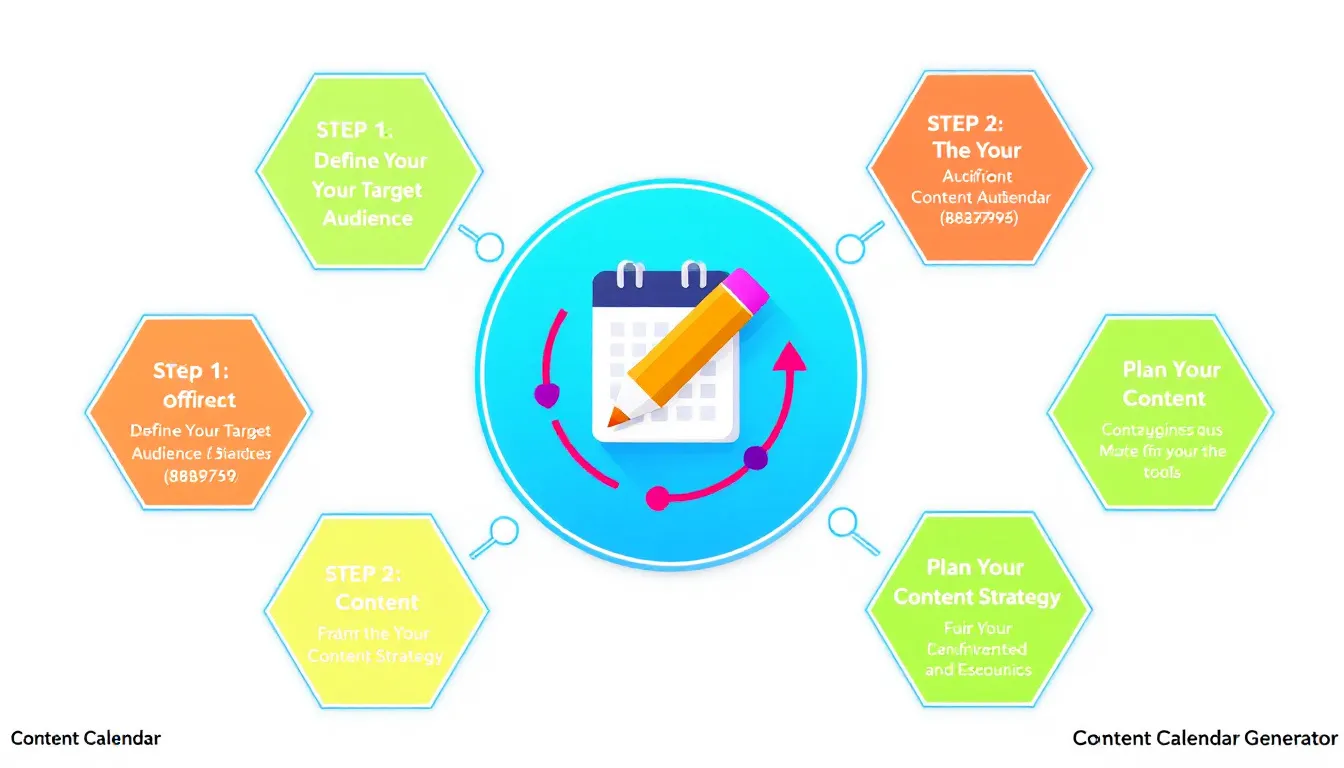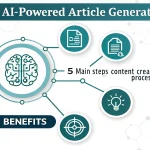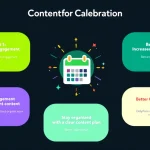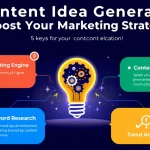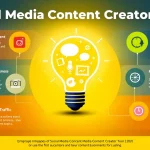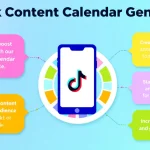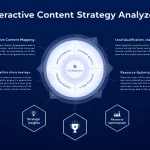Content Calendar Generator
Is this tool helpful?
How to Use the Content Calendar Generator Effectively
Follow these straightforward steps to create a tailored content calendar that fits your product marketing strategy:
- Product Name: Enter the exact product you want to plan content for. Examples include “Wireless Noise-Cancelling Headphones” or “Organic Skincare Serum for Sensitive Skin”.
- Target Audience: Describe your ideal customers. For instance, “Young professionals aged 22-35 interested in eco-friendly gadgets” or “Busy parents seeking natural beauty products”.
- Key Features and Benefits: Highlight what makes your product stand out. Examples: “Bluetooth 5.0, 20-hour battery life, ergonomic design” or “Hypoallergenic formula, cruelty-free, deeply moisturizing”.
- Upcoming Marketing Campaigns (Optional): Mention any scheduled promotions, like “Holiday Gift Guide Campaign in December” or “Spring Refresh Sale”.
- Preferred Content Types (Optional): Specify formats you want, such as “email newsletters, Instagram Stories, how-to videos” or “webinars, case studies, Pinterest pins”.
- Time Frame (Optional): Define the length of your content plan, for example, “4 months” or “1 year”.
Once you fill these fields, click the Generate Content Calendar button. The tool will create a customized schedule that fits your product’s goals and marketing approach.
Introduction to the Content Calendar Generator
The Content Calendar Generator helps you plan and organize marketing content tailored to your specific product. It streamlines content creation, making it easier to maintain a consistent posting schedule that resonates with your audience.
Purpose of the Tool
This tool creates a strategic roadmap for your marketing content. By aligning your product’s features, audience, and upcoming campaigns, it removes guesswork and helps you:
- Stay consistent across platforms
- Reach your target audience effectively
- Plan content that supports marketing campaigns
- Maintain content variety
- Save time on content planning
Benefits of Using the Content Calendar Generator
1. Saves Time and Effort
Manual content planning takes hours. This generator speeds up the process, freeing you to focus on creating content and marketing execution.
2. Ensures Strategic Consistency
The calendar aligns every content piece with your product’s unique selling points and campaigns, keeping your messaging consistent.
3. Supports Content Diversity
With suggestions for multiple content types, you’ll reach various audience preferences and keep their interest high.
4. Focuses on Your Audience
Your target audience details help the tool generate relevant, engaging content ideas that resonate with those most likely to buy.
Practical Uses for the Content Calendar Generator
Launching a New Product
When preparing for a product launch, the tool breaks down your marketing into phases:
- Pre-launch: Generate teaser content and educational posts that build curiosity.
- Launch week: Focus on daily product highlights, demos, and influencer partnerships.
- Post-launch: Share customer reviews, how-to guides, and engagement content to sustain interest.
Seasonal Campaign Planning
For seasonal promotions, this tool helps schedule timely posts that sync with your campaign timeline:
- Preparation: Blog posts and social teasers tailored to seasonal trends.
- Campaign launch: Daily or weekly posts to promote new collections or offers.
- Peak season: Contest ideas, user-generated content, and style guides to keep momentum high.
Frequently Asked Questions About Content Planning
How far ahead should I plan my content calendar?
Plan at least 3 to 6 months ahead to prepare engaging, high-quality content and adjust for trends or market changes.
Can I change the generated content calendar?
Yes. Use it as a flexible guide and update it based on your team’s needs, content performance, and changing campaigns.
What is the ideal posting frequency?
Ideal posting rates differ by platform and audience. As a general starting point:
- Facebook: 3 to 5 times per week
- Instagram: 4 to 7 times per week
- Twitter: 2 to 5 times per day
- LinkedIn: 2 to 4 times per week
- Blog articles: 1 to 3 times per month
How do I keep content relevant to my audience?
Continuously analyze audience feedback and engagement data. Adjust your content based on what performs well and what your audience values most.
Important Disclaimer
The calculations, results, and content provided by our tools are not guaranteed to be accurate, complete, or reliable. Users are responsible for verifying and interpreting the results. Our content and tools may contain errors, biases, or inconsistencies. Do not enter personal data, sensitive information, or personally identifiable information in our web forms or tools. Such data entry violates our terms of service and may result in unauthorized disclosure to third parties. We reserve the right to save inputs and outputs from our tools for the purposes of error debugging, bias identification, and performance improvement. External companies providing AI models used in our tools may also save and process data in accordance with their own policies. By using our tools, you consent to this data collection and processing. We reserve the right to limit the usage of our tools based on current usability factors.
